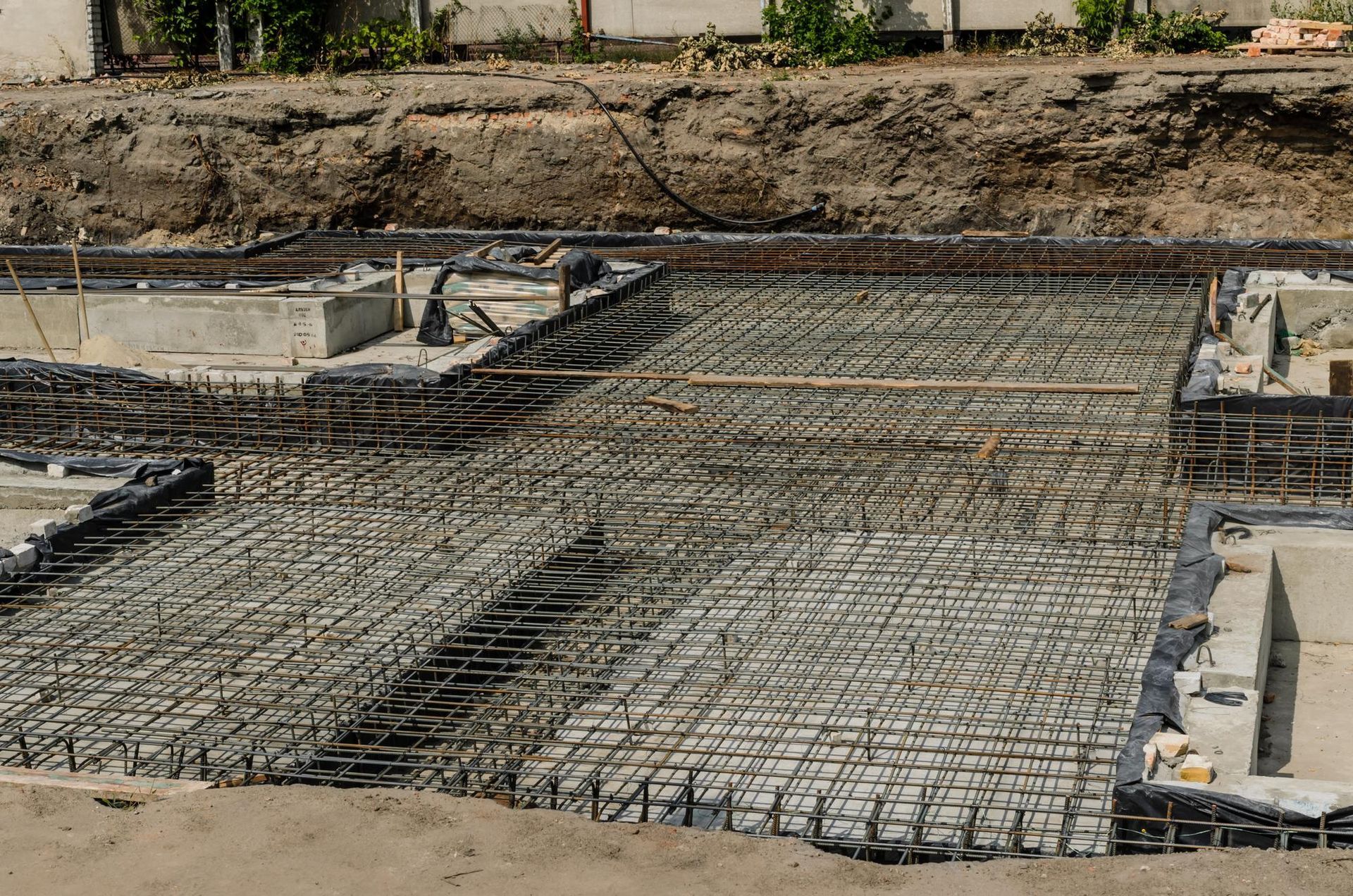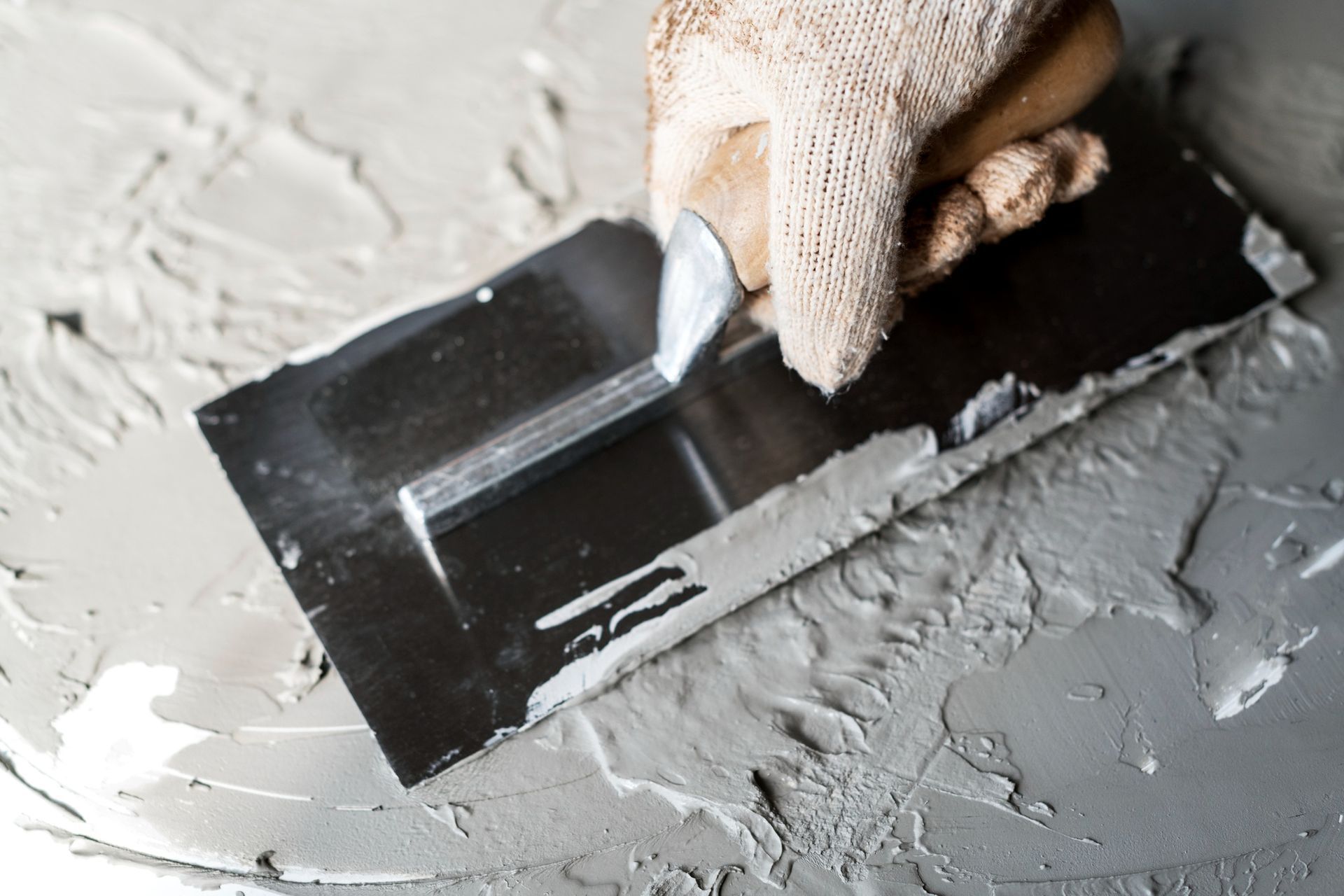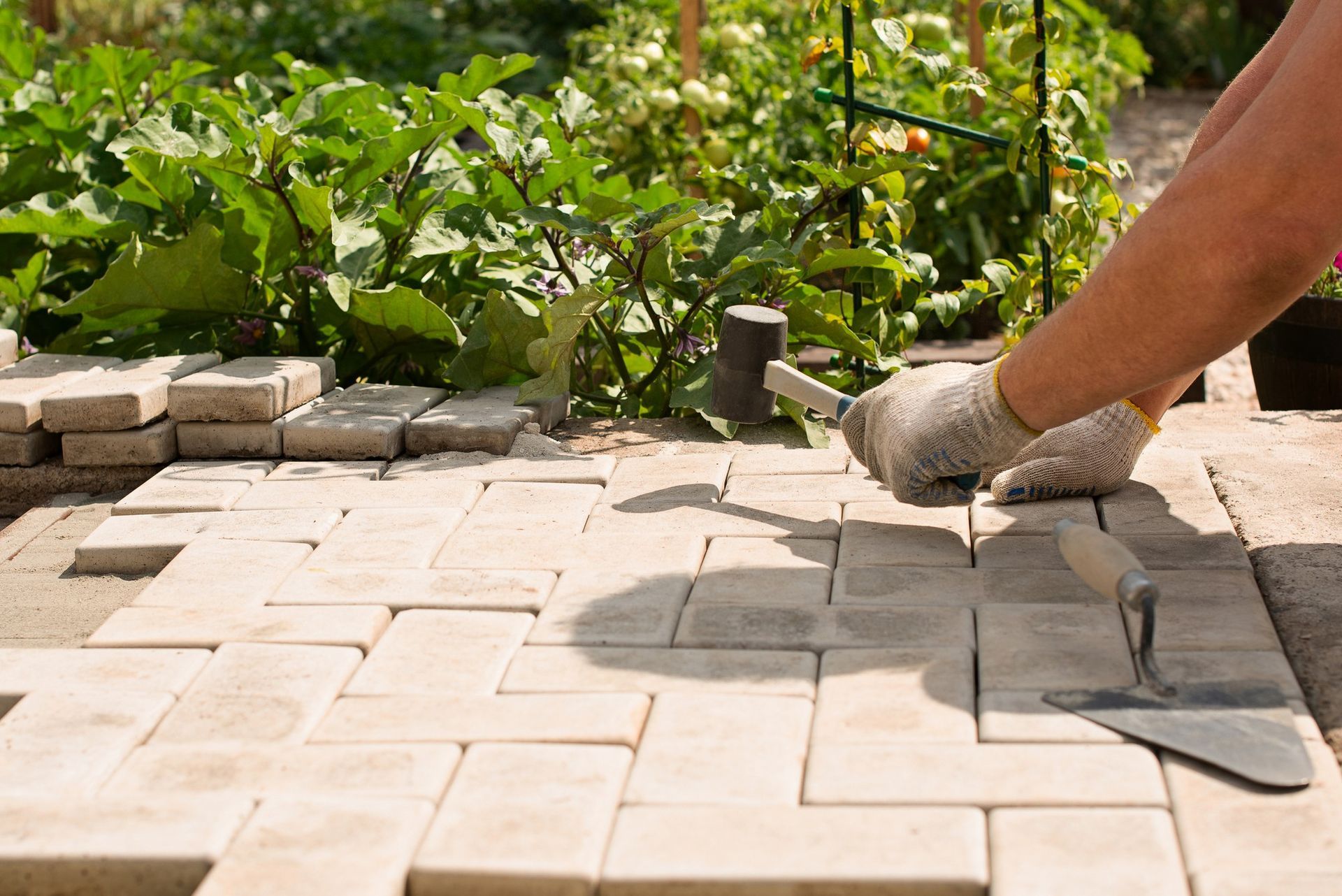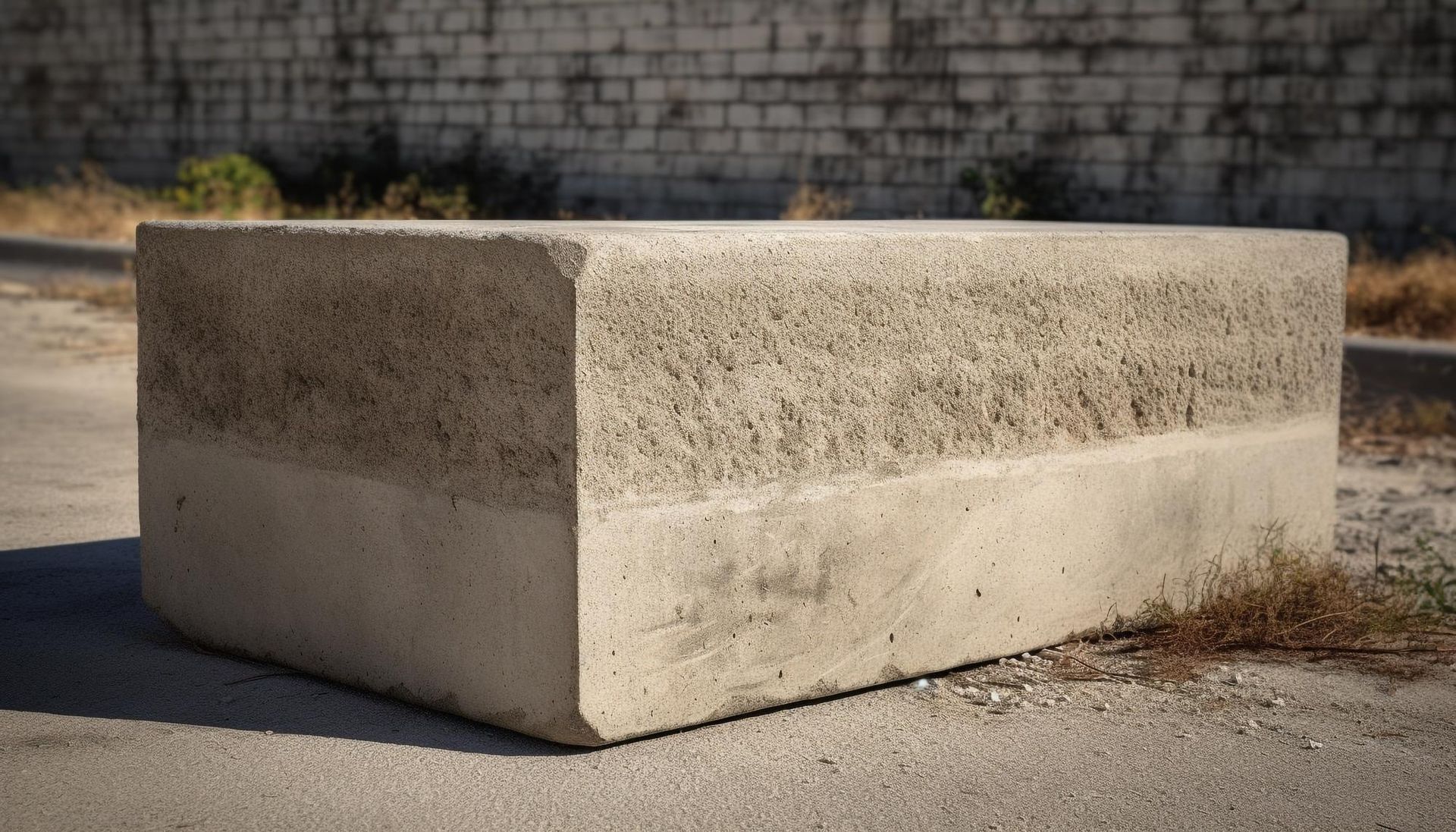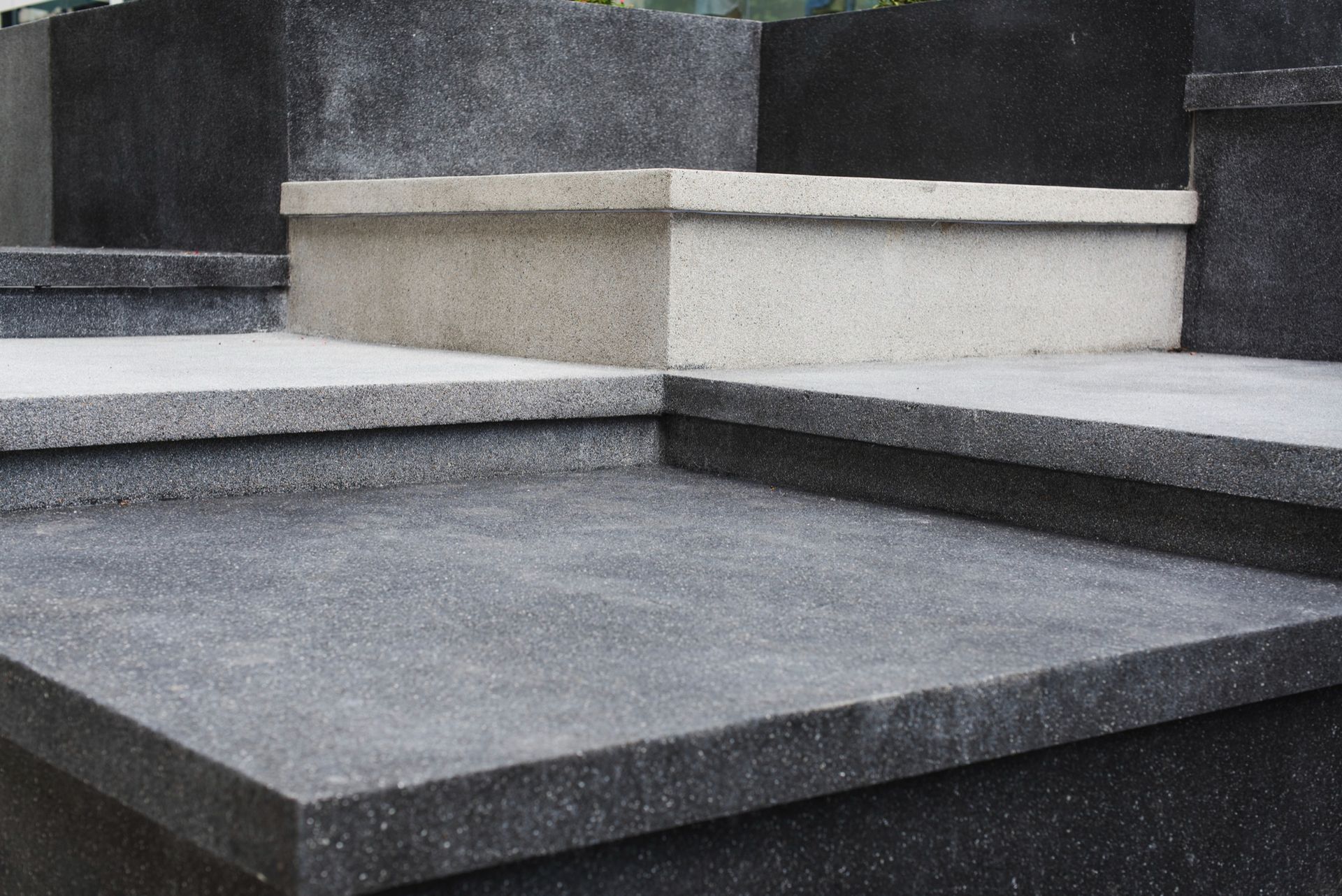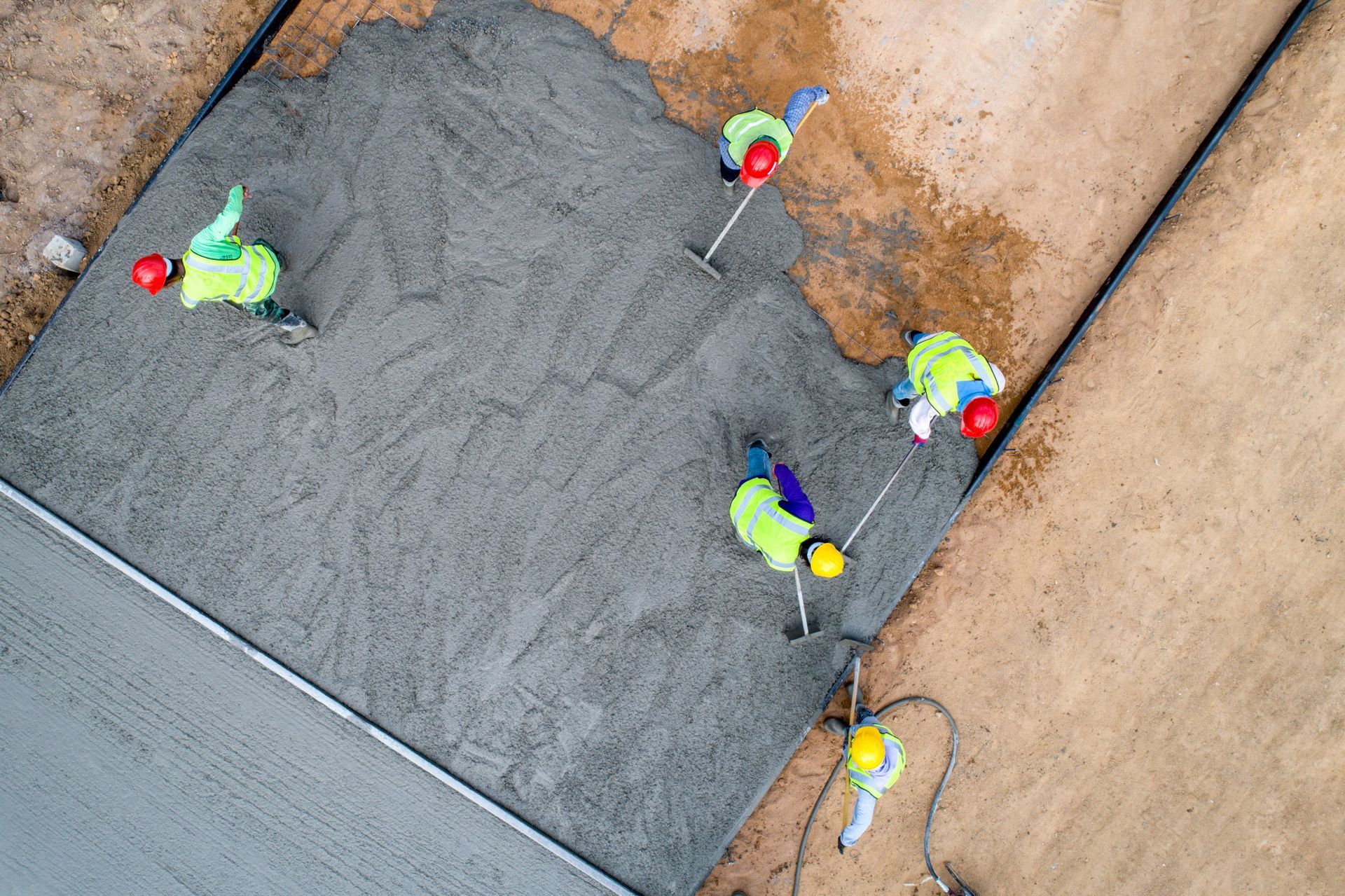Concrete Foundations: The Backbone of Sturdy Homes
When it comes to building sturdy homes that stand the test of time, the secret often lies beneath the surface. The foundation, especially a concrete house foundation, is the unsung hero of home stability and durability. In this article, we'll explore why concrete foundations are considered the backbone of sturdy homes, ensuring safety, comfort, and longevity for residents.
Understanding Concrete Foundations
At the core of every strong home is its foundation, and concrete is the material of choice for creating a robust base. A concrete house foundation isn't just a single entity but comes in various forms to suit different needs and environments. Whether it's a slab-on-grade foundation that sits directly on the earth, a crawlspace that offers a small gap under the home, or a full basement providing additional living or storage space, each type of concrete foundation is designed to offer stability and support to the structure it holds.
The strength of a concrete house foundation lies in its components. The concrete mix, which is a careful combination of cement, water, sand, and gravel, provides the solid base. Reinforcements like rebar or wire mesh are often embedded within the concrete to enhance its strength and prevent cracking. Footings, wider sections of concrete placed deep in the ground, spread the weight of the home to prevent sinking or settling.
The Role of Concrete Foundations in Home Stability
A concrete house foundation plays a crucial role in the overall stability of a home. It's responsible for distributing the weight of the structure evenly across the ground, preventing uneven settling that can lead to structural issues. Concrete's inherent resistance to environmental factors is a key benefit. It can withstand moisture, which is a common problem in less robust foundation materials, reducing the risk of mold, mildew, and wood rot in the home. Additionally, concrete's ability to resist shifting ground and extreme weather conditions, such as freeze-thaw cycles, makes it an ideal choice for a wide range of climates.
Durability and longevity are among the top advantages of a concrete house foundation. With proper installation and minimal maintenance, a concrete foundation can last for many decades, providing a stable base that ensures the home's structural integrity over time.
The Construction Process of Concrete Foundations
Constructing a concrete house foundation is a meticulous process that begins with site preparation. The ground is excavated and leveled to create a stable base for the foundation. Formwork, temporary molds for the concrete, is then set up to shape the foundation as the concrete is poured. This stage is crucial for ensuring the foundation meets the specific design and structural requirements of the home.
After pouring, the concrete must cure, a process that can take several weeks. During this time, the concrete gradually hardens and gains strength. Proper curing is essential for achieving a durable and strong foundation. Insulation may also be added around the foundation to enhance the home's energy efficiency, keeping heat in during the winter and out during the summer.
Advantages of Concrete Foundations
The advantages of a concrete house foundation extend beyond strength and stability. One of the key benefits is its low maintenance. Unlike wood, concrete doesn't rot, and it's resistant to pests like termites. This means homeowners can enjoy peace of mind knowing their foundation is less likely to need costly repairs or replacements.
Concrete foundations also contribute to the energy efficiency of homes. Insulated concrete foundations can significantly reduce heating and cooling costs, making the home more comfortable and environmentally friendly. Additionally, the solid construction of a concrete foundation can improve the overall soundproofing of the home, creating a quieter and more serene living environment.
Considerations and Challenges
While a concrete house foundation offers numerous benefits, there are considerations and challenges to keep in mind. The initial cost and construction time can be higher compared to other foundation types. However, the long-term savings in maintenance and energy efficiency often offset these initial investments.
Environmental impact is another important consideration. Concrete production can have a significant carbon footprint, but sustainable practices and advances in green building technologies are helping to mitigate these impacts. It's also vital to adhere to local building codes and regulations, which are in place to ensure the safety and durability of the foundation and the overall structure.
Innovations and Future Trends
The world of concrete foundations is not static, with ongoing innovations and trends shaping its future. Technological advances, such as insulated concrete forms, are making foundation construction faster, more energy-efficient, and environmentally friendly. These innovations are paving the way for more sustainable construction practices, aligning with the growing demand for green building.
The Role of Concrete Foundations in Home Stability
The true strength of a concrete house foundation lies in its ability to uniformly distribute the weight of the structure above. This even distribution prevents uneven settling, which can lead to cracks and structural issues. Moreover, concrete's resilience against environmental challenges is unparalleled. It stands strong against the forces of nature, from heavy rains and flooding to the drying effects of extreme heat. This resilience ensures that homes remain safe and intact through varying weather conditions.
Durability is another hallmark of a
concrete foundation. Unlike other materials that may degrade over time due to moisture or pests, concrete maintains its integrity, providing a long-lasting foundation that requires minimal upkeep. This enduring nature makes concrete an ideal choice for the foundation of any home, promising stability for years to come.
The Construction Process of Concrete Foundations
Building a concrete house foundation starts with meticulous site preparation. The ground is excavated and leveled, setting the stage for a strong foundation. Formwork, or molds, are then constructed to shape the poured concrete, which is carefully mixed to achieve the right consistency. After pouring, the concrete must cure—a process that takes time and patience, ensuring the foundation's strength.
Insulation is another critical step, particularly in areas with extreme temperatures. Properly insulating the foundation helps in maintaining the home's energy efficiency, keeping it warm in the winter and cool in the summer.
Advantages of Concrete Foundations
The advantages of a concrete house foundation extend beyond its sheer strength and stability. These foundations require remarkably low maintenance, saving homeowners time and money over the years. Additionally, concrete's thermal mass contributes to energy efficiency, making homes with concrete foundations less expensive to heat and cool.
Another significant benefit is the versatility of concrete. It can be tailored to suit a wide range of architectural styles and is compatible with various construction techniques, making it a favorite among builders and homeowners alike.
Considerations and Challenges
While the benefits are plentiful, it's important to acknowledge the considerations involved in choosing a concrete house foundation. The initial cost and construction time can be higher than other options, but many find that the long-term benefits outweigh these initial factors. Environmental impact is another consideration, as concrete production involves significant energy use and carbon emissions. However, advances in sustainable construction practices are helping to mitigate these impacts.
Local building codes and regulations also play a crucial role in
foundation construction. Compliance ensures safety and adherence to best practices, making it essential for builders and homeowners to be well-informed about local requirements.
Innovations and Future Trends
The future of concrete house foundations looks promising, with innovations aimed at enhancing sustainability and efficiency. Techniques such as insulated concrete forms (ICFs) are gaining popularity for their energy-efficient properties and ease of installation. Moreover, the industry is moving towards more sustainable practices, including the use of recycled materials in concrete production.
Conclusion
A concrete house foundation is more than just the base of a home; it's the key to a structure's longevity, stability, and efficiency. Its benefits, from strength and durability to energy efficiency, make it an ideal choice for any home. While there are considerations to keep in mind, the advancements in concrete technology and sustainable practices continue to solidify its place as the backbone of sturdy homes.
At
Bri-Mic Construction, Inc., we understand the critical role a concrete foundation plays in your home's overall health. Based in North Collins, NY, we pride ourselves on delivering top-notch concrete foundation services that ensure your home stands strong for years to come. Our commitment to quality, combined with our expertise in the latest concrete technologies, makes us the best service provider in the area. If you're looking for a reliable and robust base for your home, look no further. Contact us today at
716-337-0500 to discuss how we can lay the foundation for your dream home.
As we've explored the significance of concrete foundations, it's clear that they offer a reliable and robust base for our homes. Their role in ensuring our safety and comfort cannot be overstated, making them an indispensable part of residential construction. With Bri-Mic Construction, Inc., you're choosing a partner dedicated to providing the sturdy foundation your home deserves.
FAQ’s
Why is a concrete foundation considered the best choice for a home?
Concrete foundations are favored for their exceptional strength, durability, and resistance to environmental factors such as moisture, pests, and weather changes. They provide a stable and even base that helps prevent structural issues, making them a reliable choice for long-term home stability.
What are the different types of concrete foundations?
The main types of concrete foundations include slab-on-grade, which is a single layer of concrete poured directly on the ground; crawl space foundations, which elevate the house slightly off the ground, providing a small space underneath; and basement foundations, which offer additional living or storage space below the house.
How long does a concrete foundation last?
Concrete foundations are known for their longevity. With proper construction and maintenance, a concrete foundation can last for over 100 years. Factors such as environmental conditions, soil quality, and the quality of construction materials can influence its lifespan.
Are concrete foundations environmentally friendly?
While concrete production does have an environmental impact due to energy consumption and carbon emissions, advancements in sustainable construction practices are improving its eco-friendliness. Techniques like using recycled materials in concrete mixes and developing more energy-efficient production methods are making concrete foundations a more sustainable option.
How much does a concrete foundation cost?
The cost of a concrete foundation varies widely based on factors such as the type of foundation, the size of the home, local labor rates, and material costs. Slab-on-grade foundations tend to be the most economical, while basement foundations are typically more expensive due to the additional excavation and construction required. It's best to get a detailed quote from a local contractor for the most accurate cost estimate for your specific project.

